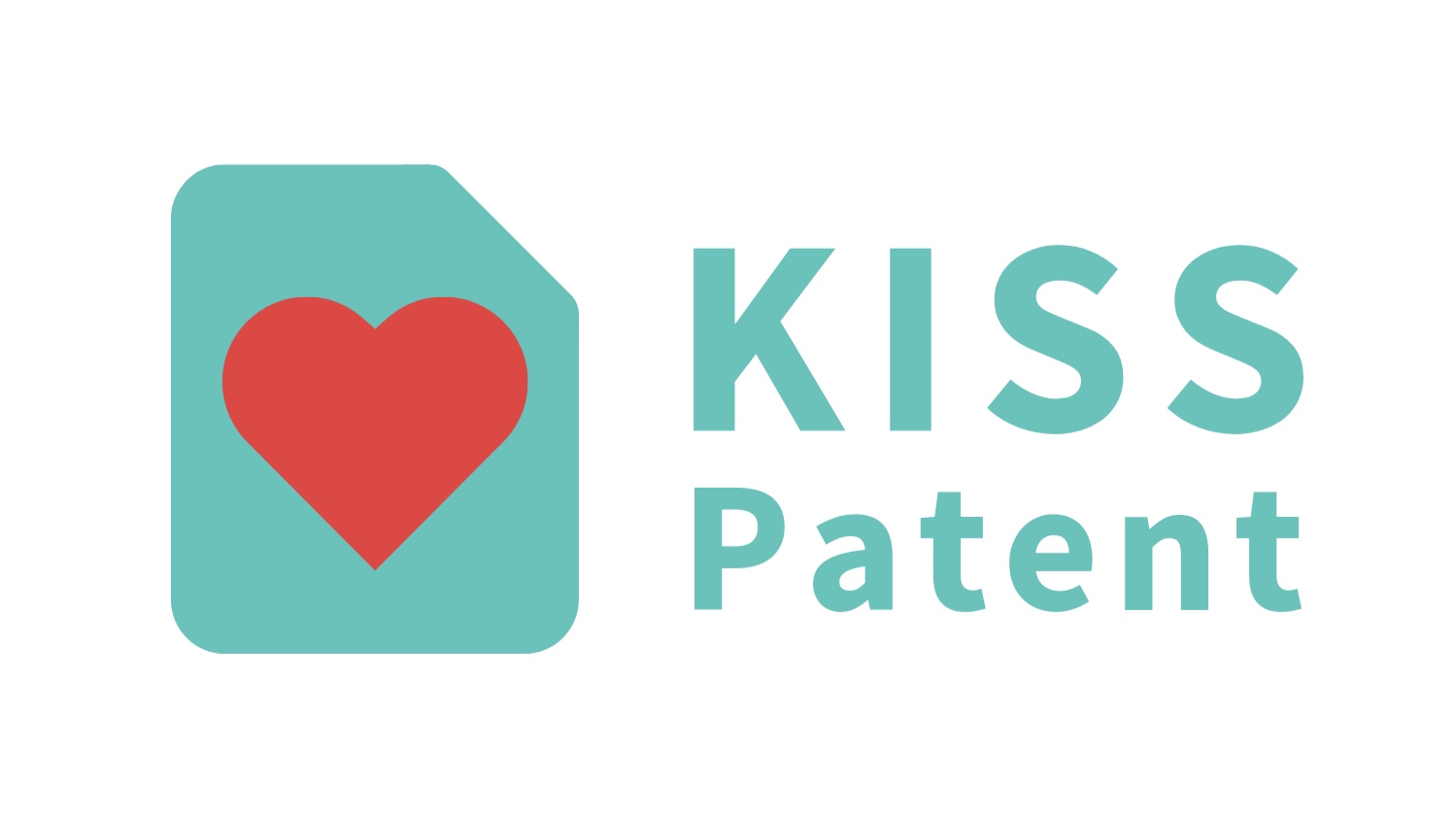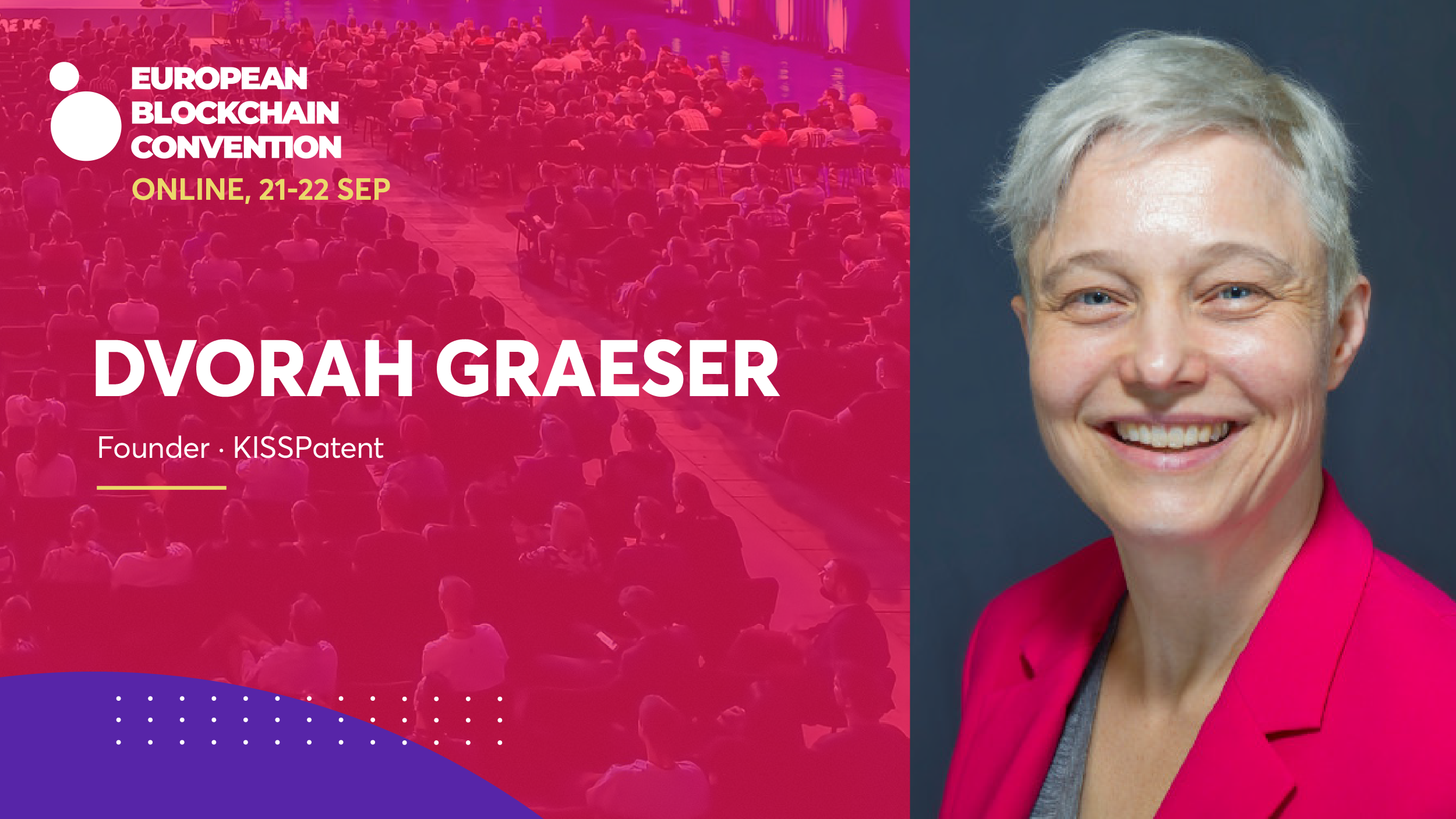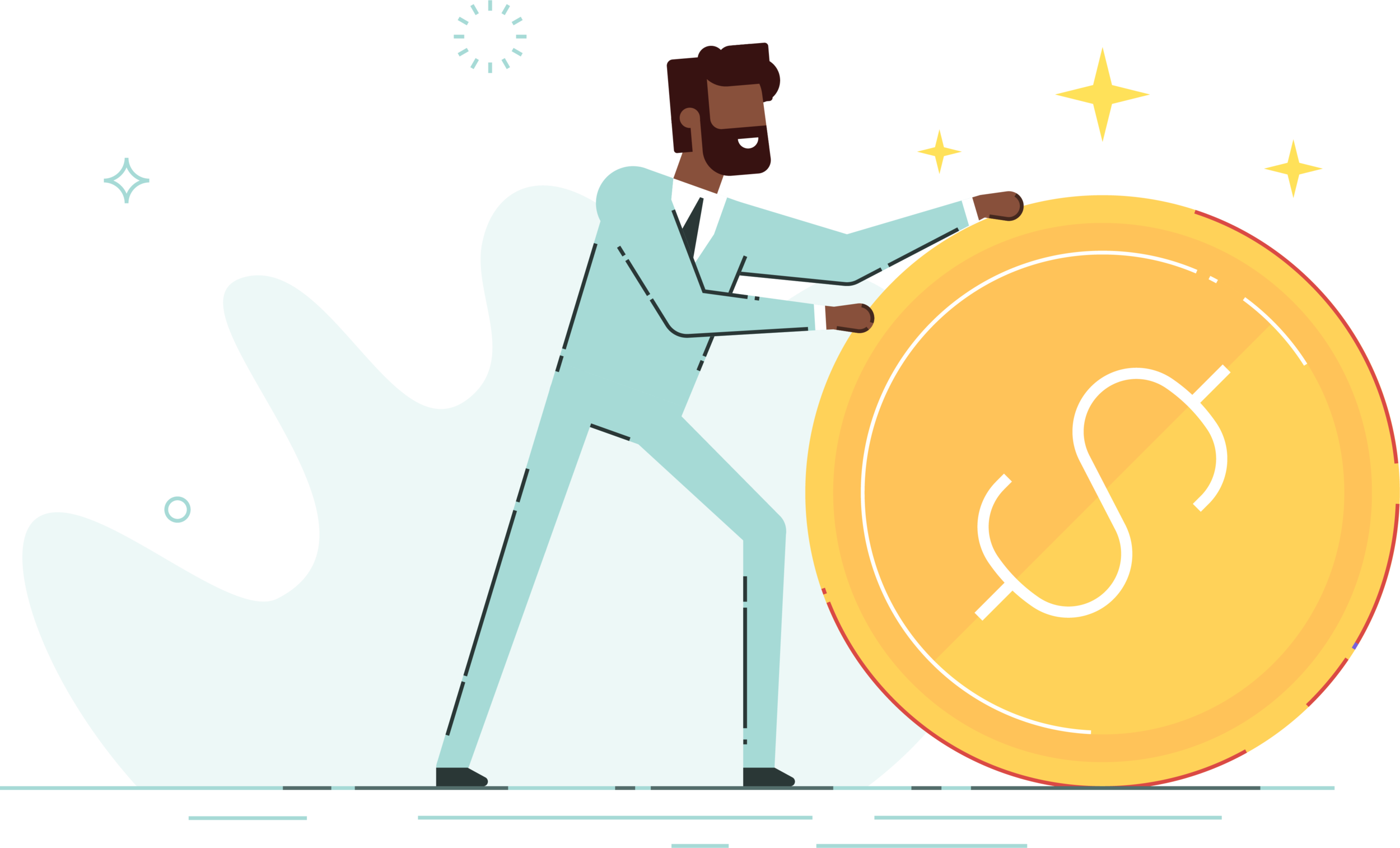There's no doubt that artificial intelligence is a hot and emerging trend right now. Artificial intelligence (AI) includes a wide-range of activities, including chatbots and intelligence tools made especially for customer service. On our blog, we always highlight the importance of patents, not only to help startups protect their ideas, but because patents genuinely help companies increase their valuations. They also help startups appeal to bigger companies—especially if the startup in question is looking to be acquired.
This very situation happened to a company called MindMeld. Here's their story:
MindMeld is a chatbot – but not an ordinary one. They integrate human voice communication into the chatbot experience. Much like Siri or other smart assistants, MindMeld was started in 2011 by a veteran MIT AI-researcher, Tim Tuttle. But, before going public with their ideas and highlighting that “only execution matters," they spent 3 years silently developing their technology. During their silent period, MindMeld acquired 10 patents.
Are you wondering if your AI startup has what it takes to be acquired?
Take our short survey to find out if your AI startup is available for intellectual property protection!
After securing their ideas with patents, they then had a live launch of their product. MindMeld
officially became available to the public in 2014, with the mission of helping companies to create intelligent conversational interfaces for any app or device. With their extensive work on human voice interfaces, MindMeld stood out from other chatbots, and were eventually acquired by Cisco.
While we don't know the exact details of the acquisition, we are 100% sure that it was because of the patents that MindMeld obtained. Because of their patents, Cisco was able to not only just acquire a startup—they also acquired business assets. Cisco now offers enterprise-level AI human voice interaction services for even bigger clients.
We always stress that getting a patent should be the first move of every innovator. You don’t need an minimum-viable product or a prototype to get a patent—you only need an idea. If your idea is innovative and protected by a patent, you've already increased your valuation. In acquisitions or even simple fundraising, a patent can act as a facilitator to guide you towards your goals. We're experts in patents and AI—and we love giving you information on these topics. Read more on this topic on our website, or schedule a consultation with us today!











